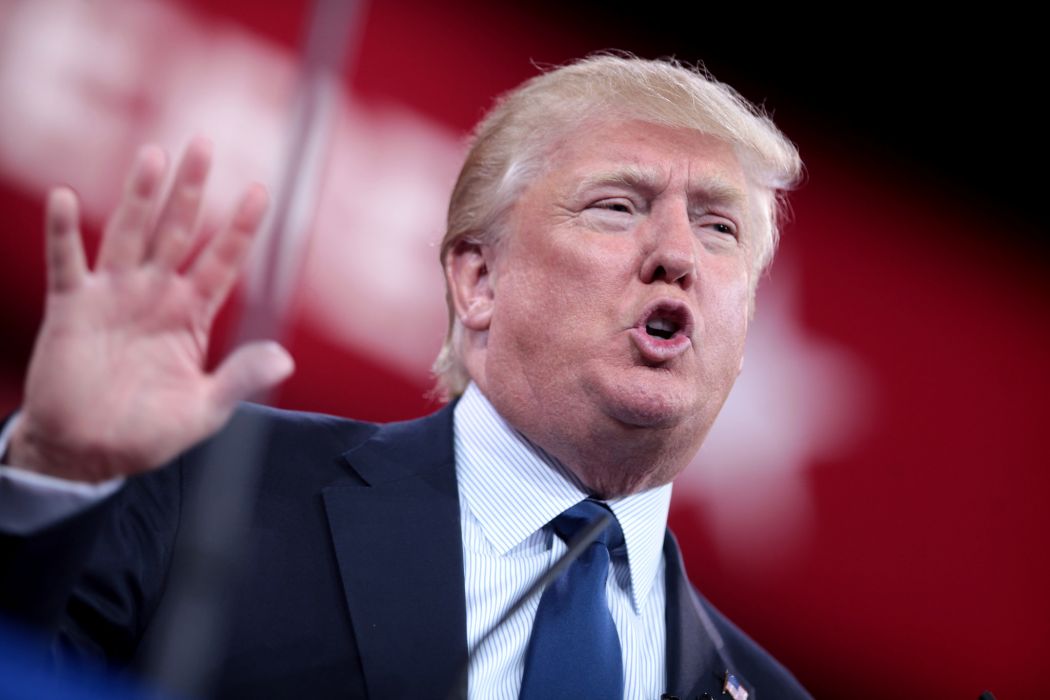It is said that the use of fire pre-dates the time that our species, Homo sapiens, evolved. In other words, earlier forms of humans, such as homo erectus and Neanderthals had gained control of fire before we sapiens were even a twinkle in the eye of mother evolution.
This means our ancestors may have been using fire for cooking and protection as far back as a million years ago.

For eons, humans have been sitting around the campfire sharing stories with tribe members not only controlling the flames, but perhaps also the narrative. Thus, our present era of excessive partisanship, where stories rule the day, comes honestly.
But I’m wondering whether we are reaching a point of no return, where everything is completely black or white with no shades of grey in between.
Take the example of the present protests. As I go to my social media feeds, where somehow most of my contacts seem to share sentiments with the protesters, the posts often include videos of hapless youngsters lying on the ground covering their heads with their arms as a group of police hammer their legs with batons.
The feed is usually accompanied by dozens of comments chastising the cops, saying how cruel they are and recommending severe punishment for them.
But I also have one or two contacts whose spouses are members of the police force and sure enough, their occasional posts are of videos showing petrol bombs being thrown at police or members of the force suffering from a brutal and unprovoked attack from behind.
Again, videos from this side have a string of anti-protester comments below.
So far so usual. We all use evidence to support our viewpoints when trying to tell a good story. But never has there been such a plethora of graphic evidence to cherry-pick from. And with this avalanche of evidence from both sides of the story comes a widening of the gulf between them.

Take the recent story of Beijing using social media on the mainland to create a narrative that characterises the protests in Hong Kong as being led by pro-independence groups. Never mind that none of the five demands from the protesters mentions independence for Hong Kong.
By framing the narrative as an independence movement, and then selectively choosing examples from the most extreme position held by only a small minority locally, Beijing hopes to shape public opinion in China that appeals to patriotism, and promotes a heightened sense that Hongkongers are unreasonable.
The master of the narrative these days does not reside in Asia though. He lives in Washington DC. And presently he’s in hot water as the impeachment inquiry proceeds.
In a nutshell, it appears certain that Donald Trump attempted to force the Ukraine government to investigate Hunter Biden, the son of Joe Biden, who sits on the board of directors of a Ukrainian company. Trump’s apparent hope was to dig up dirt on Hunter, and by association his father, that would embarrass Trump’s presumed leading political rival in next year’s election.
Trump is said to have withheld aid to Ukraine unless they cooperated. Such a quid pro quo – literally, this for that – in which Trump apparently used government operations for personal political gain, is highly inappropriate, if not illegal.
Somehow though, until now, Trump’s Republican Party members are sticking with him, as Trump once again attempts to control the narrative. And it seems to be working, despite what appears to be overwhelming evidence that a quid pro quo took place.
In daily Twitter storms, Trump accuses the opposition Democrats of fabricating the evidence and harassment, while repeating the “fake news” chorus. Presently, support from Trump’s base, at around 40% of the electorate, has changed little since he was elected three years ago.

The campfire analogy can be helpful in these cases both local and overseas in explaining how we’ve reached this state of extreme partisanship. Stories are powerful because they have been our main way of conveying information for such a long time.
And once a certain narrative takes hold among a group of believers, it is close to impossible to change anyone’s mind as confirmation bias takes over, whereby the leading group member telling the story needs only the flimsiest pieces of evidence to convince the flock.
Here in Hong Kong, where sides were taken long ago, there are no longer any shades of grey. No matter how egregious the affront perpetrated by the members of one’s own side, it is blindly supported.
With both sides so entrenched, clearly we to need to return to the campfire and consider more shades of grey.
